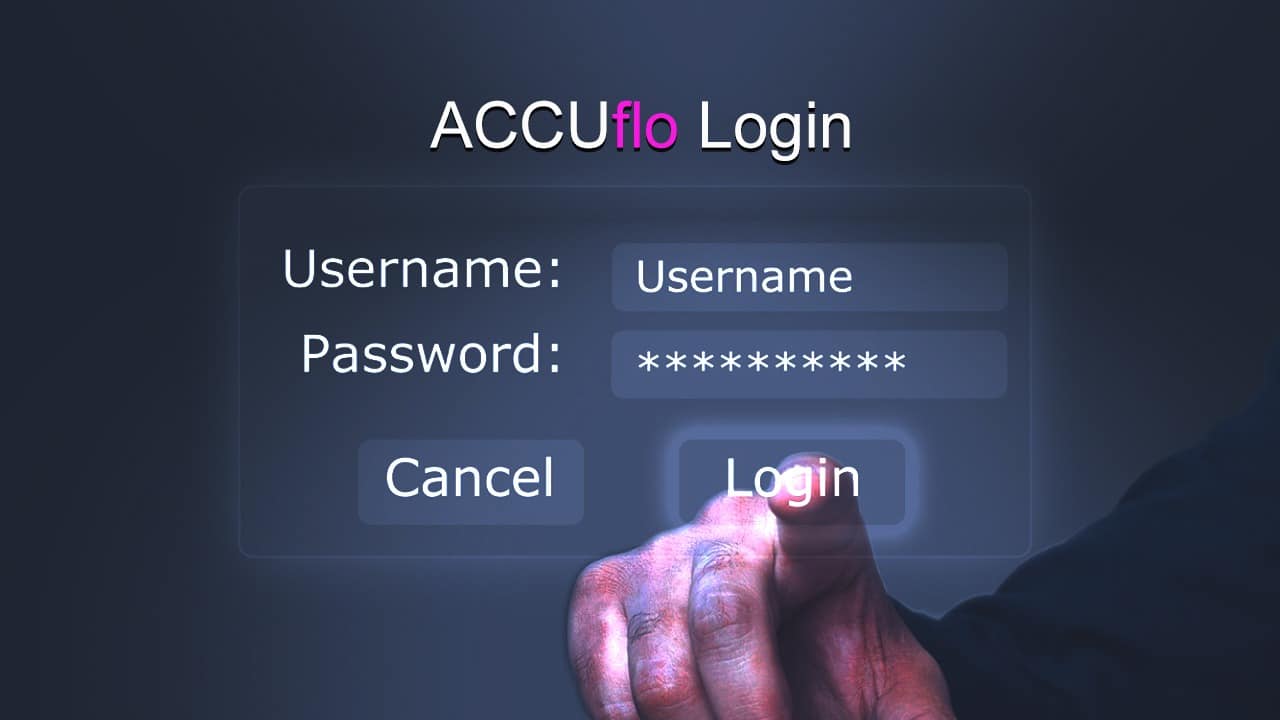Listen to the Podcast:
Business insurance coverage is essential for companies that want financial protection. Unprecedented events can wreak havoc on your business’s finances, leaving you staring at unrecoverable losses. Therefore, you must understand the various insurance coverage that can protect your business’s financial future for your peace of mind. This guide identifies the different business insurance coverage you may find helpful:
Commercial Auto Insurance
Large-scale businesses with heavy operations may need utility vehicles to transport goods and facilitate services. These vehicles range from small courier cars to heavy trucks, which may require different insurance policies. Insurance for trucks, for example, covers all vehicles in this class and compensates for accidental damage costs you may incur. This insurance may also cover any lost wages or medical expenses associated.
General Liability Insurance
Injuries and minor employee accidents may likely occur in your business, and you may have to compensate them. These accidents might not be fatal but may attract hefty medical bills and lost wages that you may have to pay for, which is typically every employer’s moral obligation. General liability insurance coverage can be handy, as it helps mitigate costs, which can also be handy for covering advertising liability and product liability expenses.
Property Insurance
While your business may have more robust defenses and reinforcements against property theft, having property insurance is always thoughtful. Fires, too, can be an impending hazard that can consume every item you use to streamline your business operations. Your business equipment, inventory, and even buildings may be at risk of damage, which can sometimes be of tremendous scale.
Theft, fires, and natural hazards can compromise your business through property destruction, which is why having property insurance is more prudent.
Business Interruption Insurance
It’s always thoughtful to have business interruption insurance. It’s even better to use a more practical strategy when picking an ideal insurance provider to cover business income losses, especially for small businesses. Natural disasters or events can briefly interrupt operations and lead to lost income.
Moreover, it may lead to high operating expenses that can invite costs that are way more challenging to bear. Business interruption insurance—also known as business income insurance—can help you cover utility bills and rent, among other ongoing expenses you may find more challenging to cover.
Worker’s Compensation Insurance
Some states make it mandatory for businesses to obtain worker’s compensation insurance—and rightly so. If your business often predisposes your employees to health and safety hazards, having this insurance is never an afterthought.
Worker’s compensation insurance covers medical bills and costs from ongoing care and can replace lost wages for employees when not in an ideal condition to work. Moreover, this insurance can cover the funeral costs for employees who lose their lives in the line of duty.
Professional Liability Insurance
You can make costly mistakes as a business owner, including rendering inaccurate advice and misinterpreting information. If a client is convinced that you also practiced negligence on your part or did something that led to personal injury, including slander, they can sue your business.
However, professional liability insurance can cover financial losses that your customer or client might have faced if the courts establish fault on your part. These charges can be pretty hefty, mainly if your mistakes cause significantly substantial financial losses, and having this insurance coverage can save your day.
Cyber Liability Insurance
Businesses can be under constant threat of cyber breaches. Despite having impenetrable firewalls and other cyber defenses, they can be on the receiving end of cyber-attacks. These attacks can potentially compromise your business if criminals access vital information and result in losses that you can hardly recover from.
Cyber liability insurance may help cover costs for identity theft monitoring services and notifying impacted individuals of such events, which can be immensely relieving.
Product Liability Insurance
If a client or customer using any of your products files a lawsuit due to possible harm, you may have to compensate them. For instance, they can assert that your product has harmed them, perhaps leading to hospitalization.
Such cases can attract hefty legal expenses, whether guilty or not, and your product liability insurer can come to your rescue. This insurance covers all costs incurred during legal procedures and fines you may need to pay if the courts establish fault on your part.
Employment Practices Liability Insurance
Employees may want to sue their employers for wrongful termination, harassment, discrimination, and retaliation. If that occurs, you need an insurer to protect you against such lawsuits, and employment practices liability insurance can be handy. This insurance covers costs in settlements and legal defense procedures and is helpful for all business scales.
Conclusion
When you’re choosing insurance for your business, it helps to understand the available options properly. It’s also always better to have an appropriate strategy for selecting an ideal business insurance provider. Remember: Running a business is not easy, given the risks involved (e.g., theft, property destruction, and various lawsuits). This makes having business insurance handy.






































